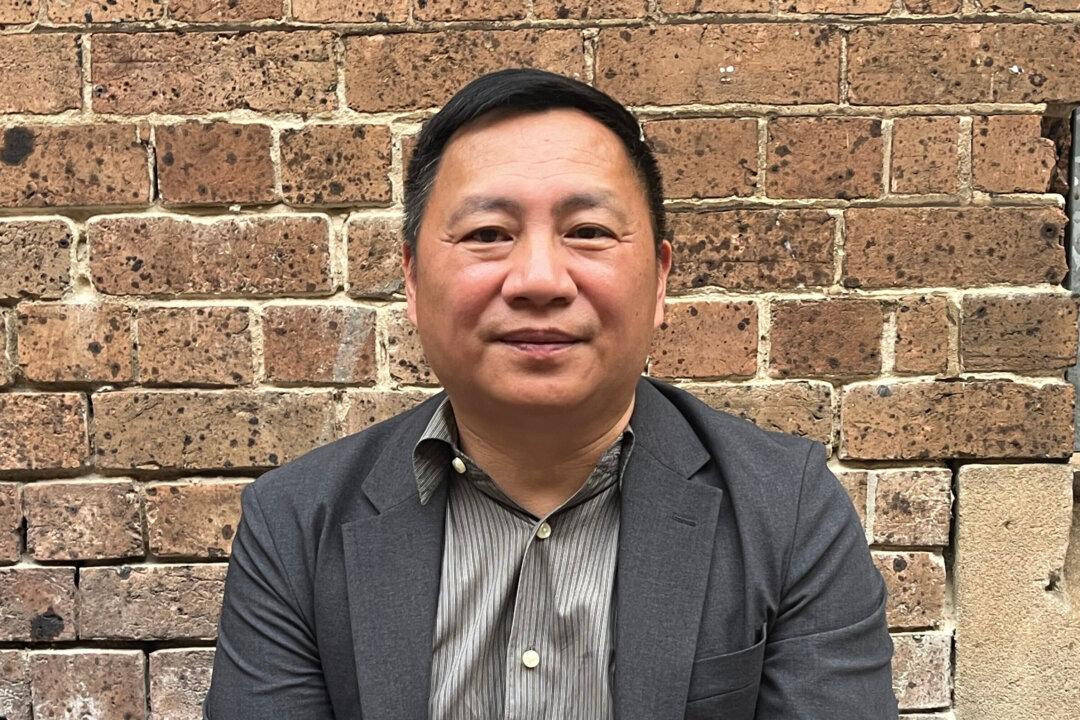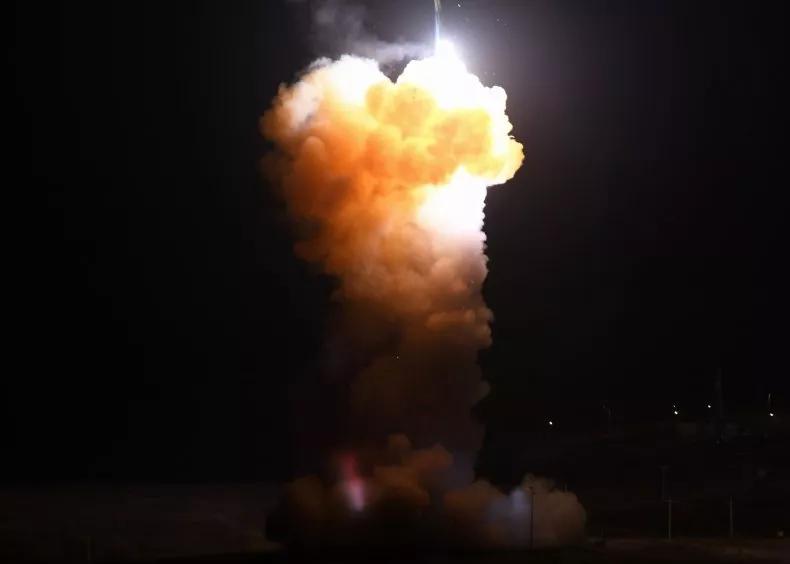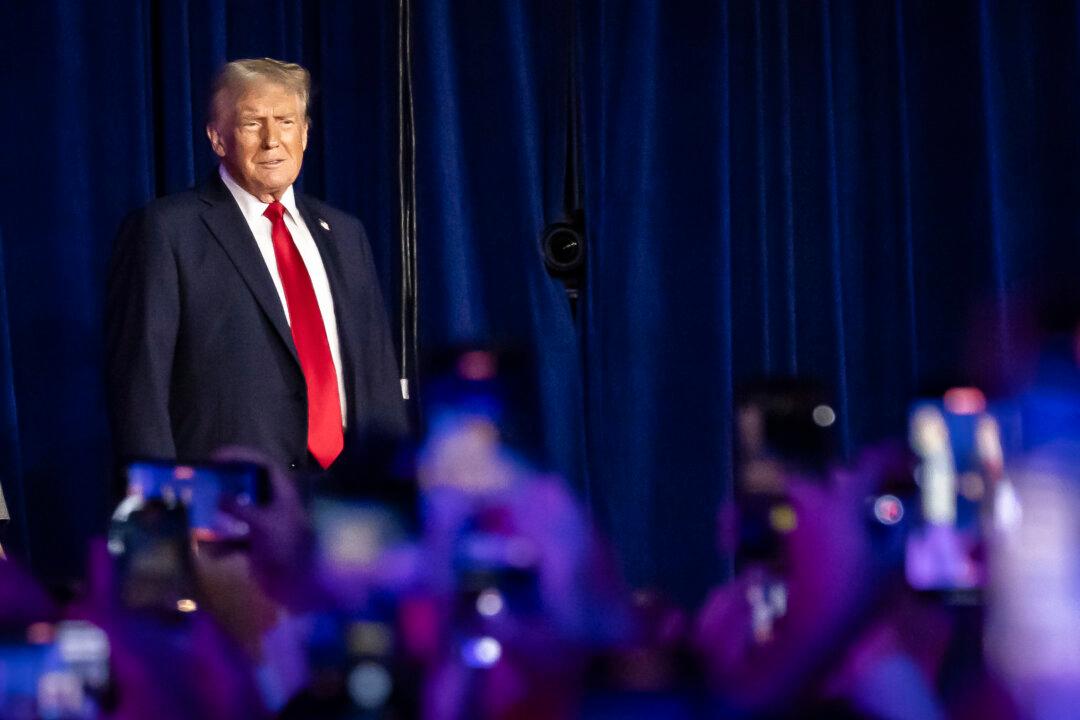It won’t take a lot for Australia to help stop one of the worst crimes on the planet, said David Matas, an international human rights lawyer based in Winnipeg, Canada, who was attending a rally held by Falun Gong practitioners in front of Australia’s Parliament House in Canberra on Nov. 22.
Falun Gong, also known as Falun Dafa, is a spiritual practice that includes meditation exercises and teachings based on the principles of truthfulness, compassion, and forbearance. The traditional practice spread rapidly across China in the 1990s, with an official estimate of 70-100 million practitioners by 1999.
Fearful of Falun Gong’s popularity as an independent ideology outside the atheistic communist regime’s control, Jiang Zemin, the former leader of the Chinese Communist Party (CCP), launched a violent persecution in July 1999 aimed at eradicating the practice and its adherents, which continues today.
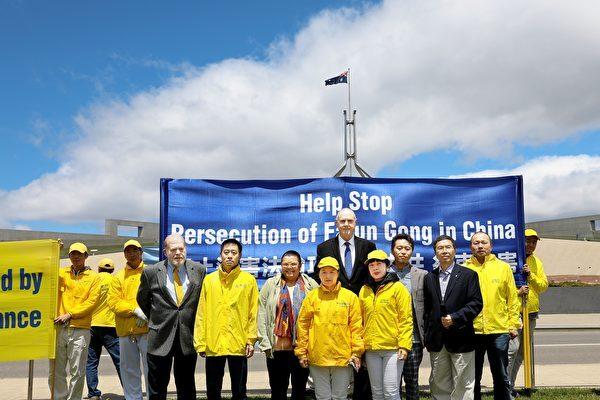
Advancing Legislation to Ban Transplant Tourism
Matas said that while there had been a number of statements made by parliamentarians supporting Falun Gong and opposing the persecution of this group, there had been little to no action from the federal government to stop Australians from going to China for transplant tourism.“Right now, if you kill someone in Australia for your organs, you can be prosecuted, but if you go to China for an organ, and somebody is killed in China for their organs, then you come back, neither you nor the referring doctor, or the broker, or the advertising or anybody involved in this is prosecuted,” he said.
The local Falun Gong community is currently following up with the new Labor government on the recommendation.

Matas said that while getting the Chinese regime to change is very difficult, what other countries can do is avoid complicity.
“With what’s going on in China, [for] Australia, all these other countries that are outside of China, there’s no reason we don’t do anything with our transplants,” Matas said.
Australia-China Relations Won’t be Affected
Matas’ visit comes at a time when Australian Prime Minister Albanese met with Chinese leader Xi Jinping at G20 and raised issues with Beijing, including the human rights issues in Xinjiang, the detention of Chinese-Australian nationals, and the possible removal of trade sanctions that have stopped $20 billion (US$13.5 billion) worth of goods entering the China market, which was imposed in response to calls for an inquiry into the origins of COVID-19.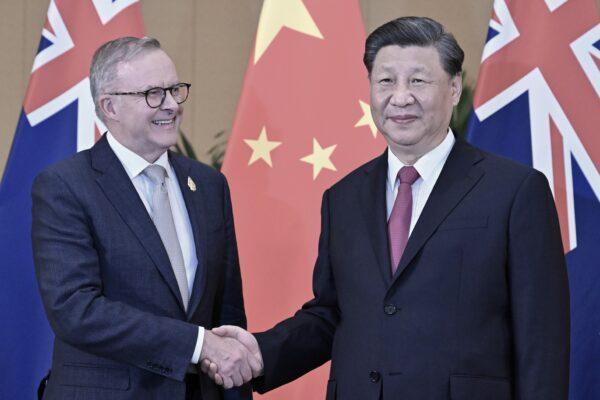
Asked if the Australian government can pass the legislation while maintaining trade with Beijing, Matas said the answer is yes.
Things Are Not Getting Better
The situation of forced organ harvesting is not getting better in recent years in China, according to Matas.“There’s a whole industrial complex,” he said. “It’s kind of like an addiction … It’s a multi-billion-dollar industry, and the health system can’t afford to lose the money.”
Australian: How Much is our Character Worth?
Andrew Richard, a disability rights advocate who watched the rally on Nov. 21, said the CCP’s crime of forced organ harvesting is an unacceptable modern-day holocaust.
“We aren’t doing enough. The reality is that human rights violations happen. That’s the yardstick of what we tolerate,” he said.
The campaigner called on the Australian government to diversify its exports and not to sacrifice integrity for interests.
“If we’re going to tolerate live human organ harvesting as the price for our exports, where do we draw the line?” Richard asked.
“How much is our character worth? What is the price that our character can be bought off for?”


